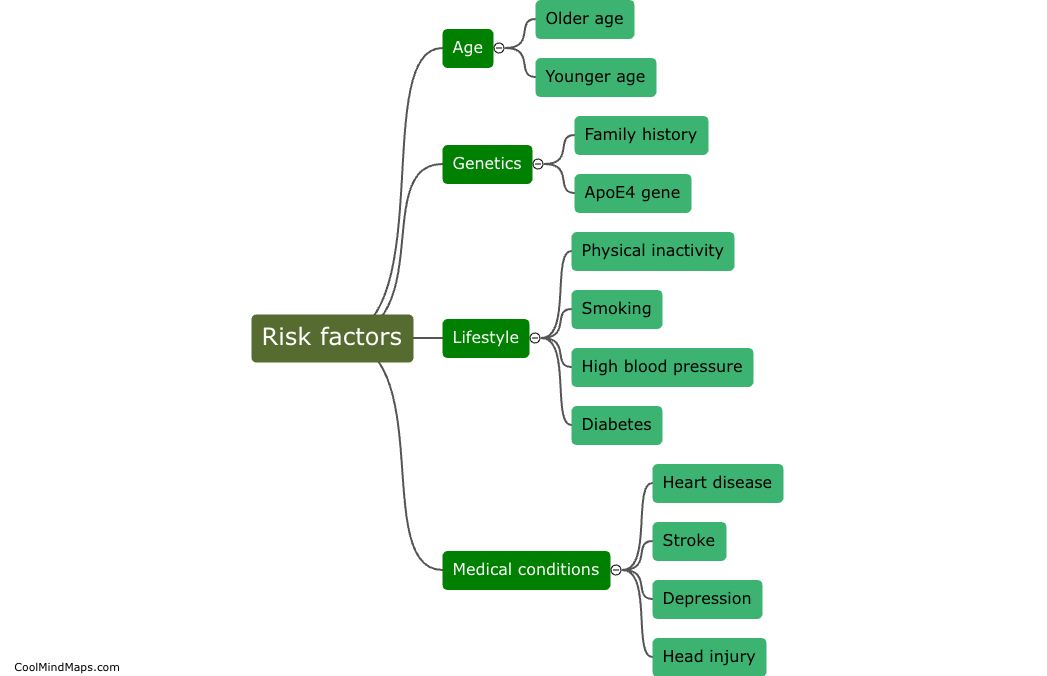How does vitamin D impact the gut microbiome?
Vitamin D plays a crucial role in maintaining a healthy gut microbiome. Research suggests that vitamin D can influence the composition and function of the gut microbiota, which consists of trillions of bacteria residing in the intestinal tract. Studies have shown that vitamin D deficiency is associated with an altered gut microbiome, characterized by a reduction in microbial diversity and an imbalance between beneficial and harmful bacteria. Vitamin D is thought to regulate the growth and activity of certain bacterial species, including those involved in immune modulation, nutrient metabolism, and the production of short-chain fatty acids. Furthermore, vitamin D has been shown to enhance the integrity of the intestinal barrier and reduce inflammation, which ultimately promotes a healthy gut microbiome. Adequate vitamin D levels, therefore, are essential for the maintenance of a diverse and balanced gut microbiota.

This mind map was published on 9 October 2023 and has been viewed 104 times.











